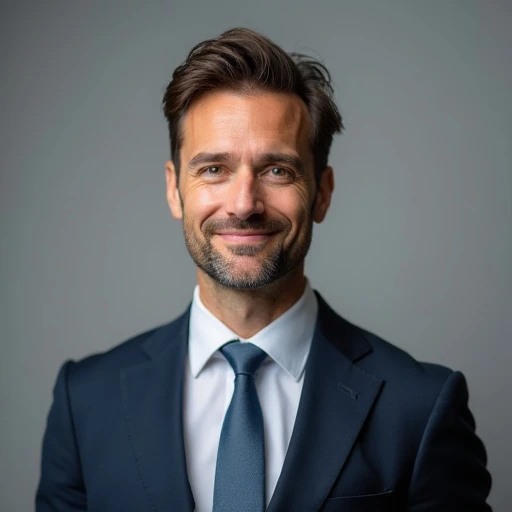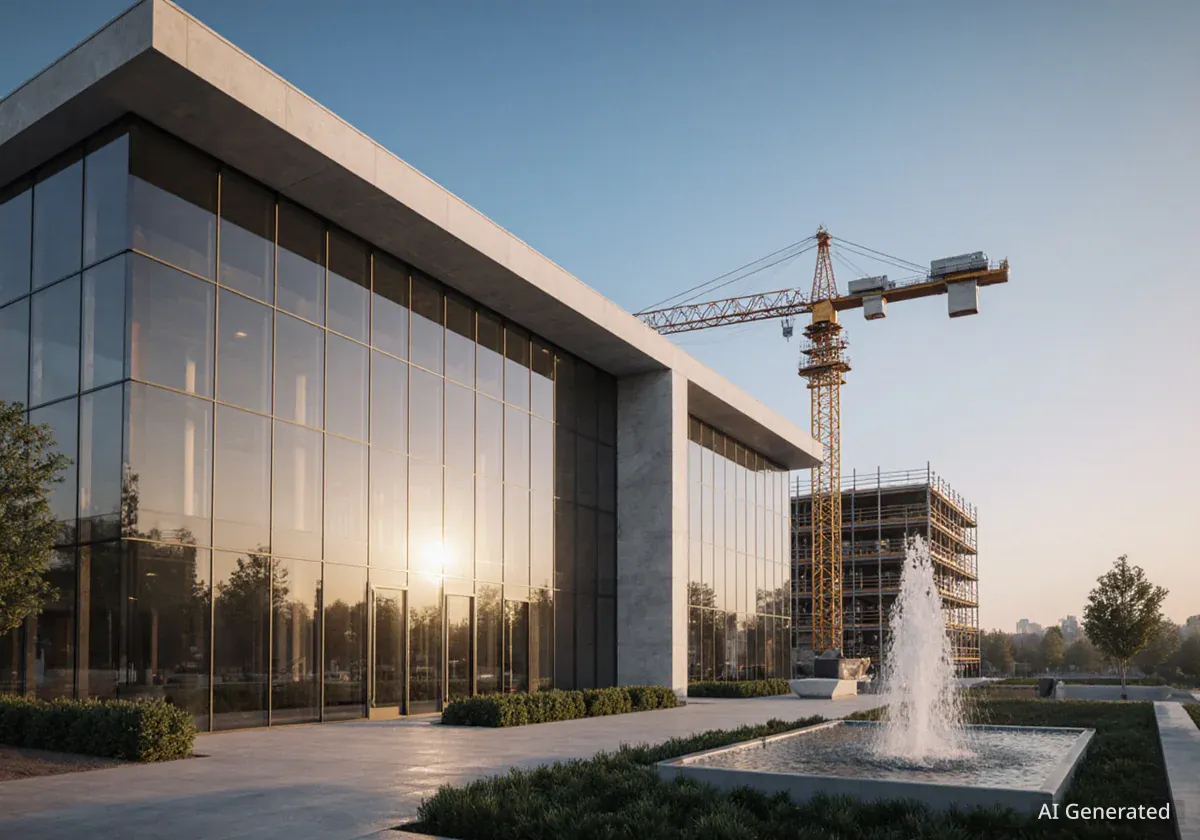David Lloyd Leisure, a prominent health and fitness group, has announced robust financial results for the year ending December 31, 2023. The company reported a significant increase in revenue and membership, highlighting a strong recovery and growth trajectory in the leisure sector. These figures demonstrate the company's operational strength and market position.
Key Takeaways
- Revenue increased to £605.9 million in 2023, up from £508.8 million in 2022.
- Adjusted EBITDA grew to £138.2 million, a 28% increase year-on-year.
- Membership reached 763,000, surpassing pre-pandemic levels.
- The company opened two new clubs in the UK and acquired one in Spain.
- Net debt was reduced by £120 million, improving financial stability.
Revenue and Profit Growth
David Lloyd Leisure's financial performance in 2023 showed substantial improvement. The company's revenue reached £605.9 million, marking a notable increase from £508.8 million reported in 2022. This represents a 19% rise in top-line figures.
Adjusted EBITDA (Earnings Before Interest, Taxes, Depreciation, and Amortization) also saw significant growth. It climbed to £138.2 million, a 28% increase compared to £107.7 million in the previous year. This indicates enhanced operational efficiency and profitability.
Fact File
- 2023 Revenue: £605.9 million
- 2022 Revenue: £508.8 million
- Revenue Growth: 19%
- 2023 Adjusted EBITDA: £138.2 million
- 2022 Adjusted EBITDA: £107.7 million
- EBITDA Growth: 28%
Membership Surge and Expansion
The company's membership base expanded considerably, reaching 763,000 members by the end of 2023. This figure surpasses the pre-pandemic membership level of 700,000 recorded in 2019, demonstrating a robust return to growth in the health and fitness market.
During 2023, David Lloyd Leisure continued its expansion strategy. The company opened two new clubs in the United Kingdom: one in East Finchley, London, and another in Bicester, Oxfordshire. These new facilities contribute to the company's physical footprint and capacity.
Furthermore, the group expanded its international presence through an acquisition. It purchased a club in Barcelona, Spain, marking a strategic move into new European markets. This acquisition underscores the company's ambition for international growth.
"Our 2023 results reflect the strong demand for premium health and wellness experiences," stated Glenn Earlam, Chief Executive Officer of David Lloyd Leisure. "We are pleased to have exceeded our pre-pandemic membership levels and to continue our strategic expansion both domestically and internationally."
Debt Reduction and Financial Stability
A key financial achievement for David Lloyd Leisure in 2023 was the substantial reduction in net debt. The company successfully reduced its net debt by £120 million. This reduction improves the company's financial leverage and overall stability.
The company also refinanced its debt facilities in October 2023. This refinancing included a new £700 million term loan and a £100 million revolving credit facility. These new arrangements extend the debt maturity profile to 2029, providing long-term financial flexibility.
Industry Context
The leisure and fitness industry experienced significant challenges during the COVID-19 pandemic, with widespread club closures and membership declines. Companies like David Lloyd Leisure have focused on recovery and adapting to new consumer preferences for health and wellness. The reported results indicate a strong rebound across the sector, driven by renewed interest in physical activity and community-focused facilities.
Strategic Investments and Future Outlook
David Lloyd Leisure made significant investments into its existing club portfolio. In 2023, the company invested £60 million in upgrading facilities across its clubs. These investments included improvements to gyms, studios, swimming pools, and other amenities, enhancing the member experience.
The company plans to continue its investment strategy. For 2024, it projects capital expenditure of approximately £80 million. This investment will support further club enhancements and new development projects, including additional sites in the UK and potentially other European locations.
According to company statements, the focus remains on providing premium facilities and services. This strategy aims to attract and retain members in a competitive market. The integration of family-friendly amenities and a broad range of fitness options are central to this approach.
Digital Engagement and Member Retention
Beyond physical expansion, David Lloyd Leisure has also prioritized digital engagement. The company has invested in its digital platforms to offer members a seamless experience, from booking classes to managing memberships. This digital strategy supports member retention and attracts new demographics.
The company's approach combines high-quality physical spaces with convenient digital tools. This hybrid model reflects modern consumer expectations in the leisure industry. It aims to create a comprehensive wellness ecosystem for its members.
Market Position and Competition
David Lloyd Leisure operates in a highly competitive market that includes independent gyms, boutique fitness studios, and other large health club chains. The company's strategy of offering extensive facilities, diverse programs, and a family-oriented environment helps differentiate it.
The positive financial results position David Lloyd Leisure strongly within the European health and fitness sector. Its ability to grow membership and revenue while reducing debt suggests effective management and a resilient business model. The company's continued investment in its clubs and strategic acquisitions are expected to further solidify its market leadership.
The company’s performance reflects a broader trend of increased consumer spending on health and wellness. As people prioritize well-being, premium providers like David Lloyd Leisure are well-positioned to meet this demand. Future growth will likely be driven by continued facility upgrades, digital innovation, and targeted expansion.





